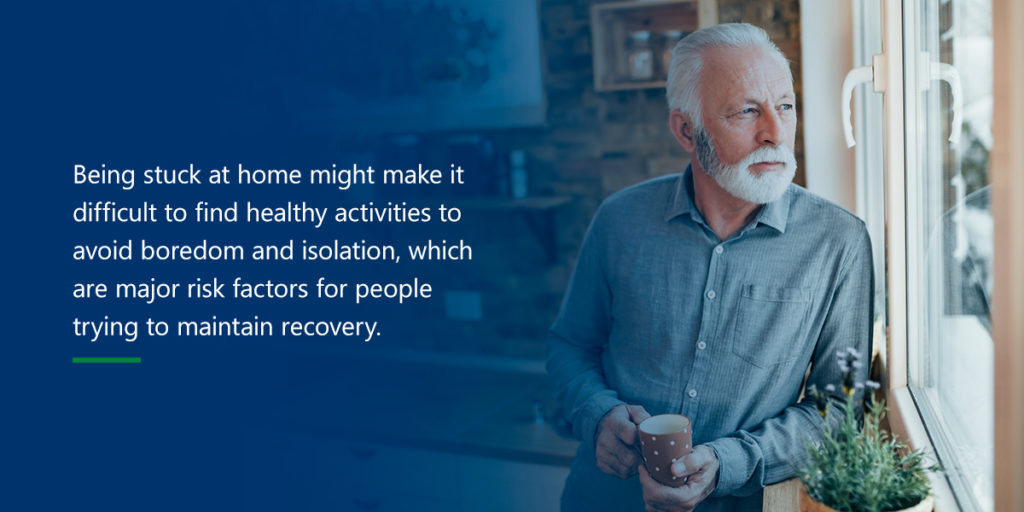COVID-19 Update
Health Care Resource Centers continues to serve patients in accordance with CDC, Federal and State Guidelines, putting the health and…
Where change begins.
The Northeast is known for its seasonal climate. While many love the changing seasons, winter can be a challenging time for those recovering from opioid use. Opioid overdoses tend to spike when the weather is colder and the days are shorter.
With understanding, planning and treatment, you can be better prepared to maintain your recovery journey through New England winters.
Weather can have a substantial effect on anyone’s mood, though it has a larger impact on some individuals. For some, colder weather brings the joy of the holidays with it. For others, winter can encourage feelings of isolation or loneliness. In most cases, winter can make people feel:
When the days are shorter and the weather is colder, there tends to be a dramatic spike in opioid overdoses. From low temperatures and less sunlight to holidays and inclement weather, winter can make it more challenging to manage your recovery. While each person recovering from addiction has a unique set of circumstances, here are some of the factors that make the cold weather of winter difficult for people with an opioid use disorder:

Winter storm conditions can make travel dangerous, if not impossible. Being stuck at home might make it difficult to find healthy activities to avoid boredom and isolation, which are major risk factors for people trying to maintain recovery.
Whether you’re hunkering down with your family during a storm or attending countless holiday parties, winter often forces interactions with family, friends and acquaintances. These gatherings may bring up negative emotions and increase stress.
Shorter days mean less sunlight, which can significantly impact people’s mental health and lead to seasonal affective disorder (SAD). Those with opioid use disorder may be tempted to use substances to manage their seasonal depression.
If the cold weather in the Northeast impacts your well-being, it’s time to take action. Here are some steps to help safeguard your recovery from opioid addiction during the winter.
Some people slip into unhealthy habits during the winter, such as inactivity and poor eating, which can lead to relapse. You can keep your health on track by:
When you feel depressed, seeking out substances that once made you feel better can be tempting. Engage in activities you know will improve your mood and keep cravings at bay to protect your recovery. Common winter activities you can enjoy include:

Winter can be an isolating time for many people, and you are not alone. If you need a helping hand on your recovery journey, reach out to your support system to share your struggles or enjoy a light-hearted, mood-lifting conversation.
The Northeast is a beautiful place to live, but winters can rush in harshly and quickly. If you find the cold weather threatening your recovery this season, reach out to Health Care Resource Centers. We have several locations in multiple states in the New England area and are here to support you every step of the way. Find the location closest to you in:
Whether you’re in recovery or resumed or experienced a recurrence of substance use, Health Care Resource Centers can help you get through New England winters. We offer medication-assisted treatment (MAT) and personalized, compassionate care to help you address the challenges you face. We understand that recovery is a journey and that some seasons are more difficult than others. Our team will help you receive the support you need. We can provide options like counseling and methadone treatment to help you make progress this winter.
Reach out to us today to learn more.